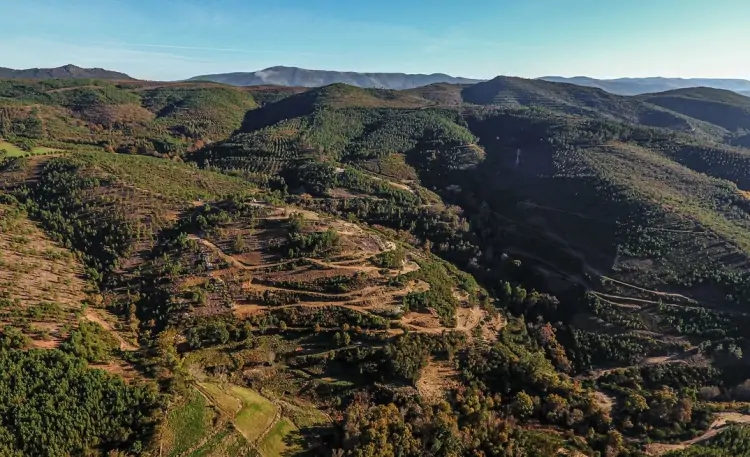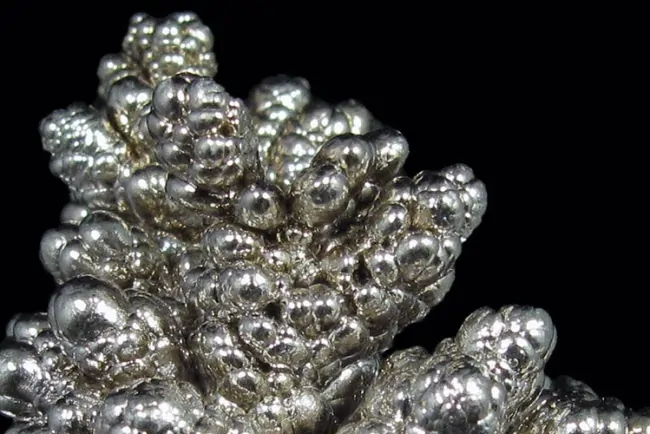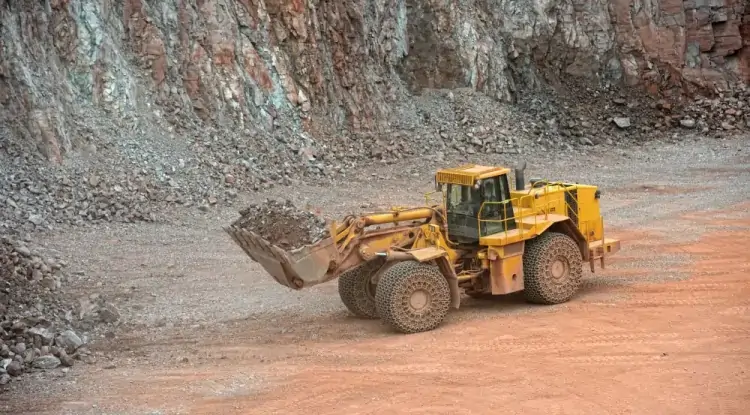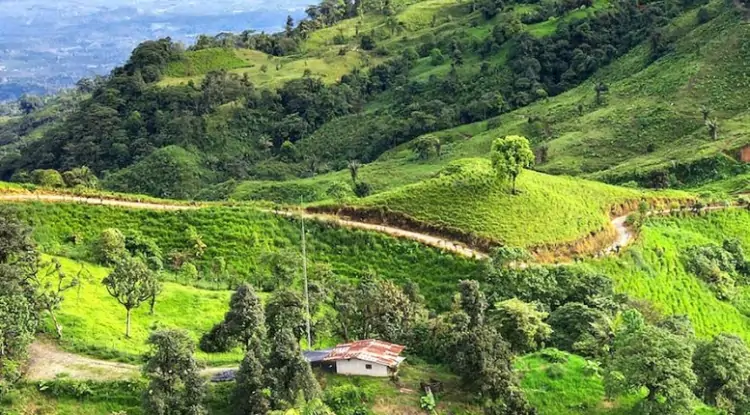Savannah Resources raises US$20M for Barroso lithium project
Savannah Resources (AIM: SAV), the British company behind the Barroso lithium project in Portugal, has secured a £16 million (US$20.2 million) investment from Dutch miner AMG, which has become the company’s largest shareholder with a 15.77% stake.


Savannah CEO Emanuel Proença said the cash injection and partnership was a “huge de-risking step” for the Barroso project. He also described AMG as a perfect partner because it already has a lithium business catering to Europe’s battery and electric vehicle (EV) industry.
The tie-up includes an agreement allowing AMG to buy 45,000 tonnes of spodumene a year from Savannah’s project over the next five years. If AMG assists in securing all the funding needed to develop the project, it has the option to increase the amount to 90,000 tonnes over 10 years.
Additionally, AMG and Savannah have reached an agreement to explore the potential of building a refinery in either Portugal or Spain to convert spodumene into lithium carbonate.
Savannah, which acquired a 75% interest in Barroso project in 2017, had been looking for partners to develop the mine for months. Initial capital needed is estimated at US$236 million.
The lithium project, slated to be western Europe’s largest spodumene lithium mine, has faced opposition from locals and environmentalists through protests, legal challenges, and refusals to sell land. About 24% of the land needed is privately owned, while 75% consists of traditional “baldios”, or common land.
Four open pits
Savannah is planning to build four open pit lithium mines in northern Portugal, with the goal of extracting enough lithium annually for 500,000 EV batteries. The company aims to commence production in 2026.
With production slated to begin in 2026, Barroso is forecast to reach a throughput of about 1.5 million tonnes a year over the estimated 14-year mine life. The estimation is based on a resource of 20.5 million tonnes at 1.05% lithium oxide.
Potential production is estimated at 191,000 tonnes of 5.5% spodumene annually, which the company believes to be enough to supply a “material proportion” of Europe’s lithium demand over the coming decades.
Barroso will also yield a feldspar and quartz co-product used in the ceramics industry. These will be sold to customers locally and in neighbouring Spain.
Portugal, already Europe’s top lithium producer, accounts for about 11% of the global market, but its output is entirely used to make ceramics and glassware, which is why Europe relies on lithium imports from Latin America’s Lithium Triangle, as well from Australia and China.














